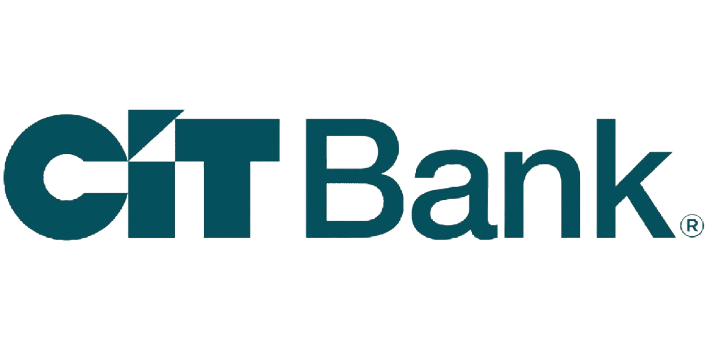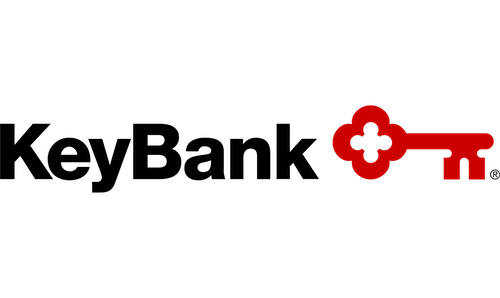When you’re trying to plan your next career move, it can be overwhelming to develop a strategy, especially when there seems to be so much conflicting information out there.
From small details like whether to include a strong skills section on your resume to bigger issues like how to master salary negotiation, the advice you’ll find is all over the map.
The people doling out this advice usually mean well, but often they really don’t know what they’re talking about.
As a lawyer and entrepreneur who also spent a decade in the “traditional” workforce, I can assure you that there are plenty of career myths out there that just don’t pan out and need to be retired ASAP.
Here are 4 of the most egregious career myths:
Career myth #1— Just work harder, and you’ll earn more money.
False.
In this economy, it seems like a lot of employers have a sort “do more with less” approach when it comes to what they expect of their employees.
Not great for employee morale. Plus, the stress caused by this approach can actually have the opposite effect of diminishing overall employee productivity.
If you keep taking on more and more duties at work without a promotion or salary increase, you’re just raising the bar of what is expected of you, without getting anything in return.
So in fact, this will not translate into extra income, but will actually guarantee that you’ll stay in the same income bracket for the foreseeable future because your employer will want to keep you in that same position without extra pay for as long as possible.
I’m not suggesting you slack off at work. But I am encouraging you to have clarity about your job description and to be cautious about taking on additional responsibilities if that doesn’t also come with a formal promotion (read: more money).
Talk openly with your employer about your career goals and aspirations, and develop a strategic plan of attack and salary negotiation skills.
And if your employer demonstrates that they aren’t invested in your growth and aren’t willing to treat you like anything more than a workhorse, it might be time to find a new employer.
Career myth #2— You need a lot of education to be successful.
Not entirely true.
While it is true that those who are educated tend to get paid more, this doesn’t mean that it’s the best or only route for you.
One thing to consider is that higher education is expensive—like, really, expensive. Americans carry a whopping $1.3 trillion dollars’ worth of student loan debt.
One story of a woman with a six-figure salary with six-figure debt comes to mind as well,
So it should be viewed as an investment and figuring out the best degrees to get.
And keep in mind that plenty of wealthy and massively successful Americans (Steve Jobs, Ted Turner, Ellen DeGeneres, Anna Wintour, Michael Dell, John D. Rockefeller, Dave Thomas, Henry Ford) don’t have college degrees.
If you’re resourceful and driven and want to enter a field that doesn’t necessarily require a degree, a less conventional path might be the better (and less expensive!) path for you.
Granted, taking that route requires incredible discipline and drive as well as some creativity.
You certainly won’t become a millionaire sitting in your parents’ basement playing video games.
But if you’re a self-starter and you’re turned off by the idea of learning in the traditional classroom setting, don’t let anyone tell you that you need a formal education to achieve success.
There are free colleges to consider as well.
Career myth #3—Blind job applications never work and are a waste of time.
Not always the case.
If this was true, companies wouldn’t still be using job posting sites when they have opportunities available.
The reality is that, yes, the odds are stacked against you: the average job posting receives about 250 resumes, with only about four to six of those getting actual interviews.
Not great odds.
However, there are ways to increase your odds. If you take the time to really wow the hiring manager, you give yourself a much better chance of getting that interview.
One suggestion is to do some digging to find the name of the hiring manager, and email him or her directly.
Finding someone’s email address in this day and age is never difficult, even if you have to guess it. And it’s worth the time, because if they receive your resume through a different method than the other 249, your resume is more likely to actually get read.
Make sure you also take the time to tailor your cover letter and write your resume specifically for this position, and you’re definitely going to set yourself apart from other applicants in the process.
This is how I landed several of my past positions, including my first job in the legal field, so don’t buy the BS that blind applications never work.
They do.
You just have to be smart and strategic about it.
Career myth #4—You can’t make money doing X.
I’ve heard this so many times in my career and bought into it so hard, it really breaks my heart looking back.
In the beginning, I was told, “You can’t make money as a writer.” Lies. Plenty of people do. Is it an easy career?
No.
But if you’re willing to put in the time to get really, really good, and figure out a way to set yourself apart, a career as a writer, or any of the arts, isn’t impossible.
But I believed the garbage people told me. So I became a lawyer.
The next lie I heard was, “You can’t help people AND make money.” Also untrue. Sure, the conventional jobs available to most attorneys out of law school involve either going broke working for a non-profit, or working for a soul-crushing large firm, making bank but ruining people’s lives.
But those aren’t the only options. There are plenty of solid government jobs that have good pay and wonderful benefits that allow attorneys to genuinely make a difference in people’s lives.
And there are also plenty areas of law you can go into where you get to help clients with a specific problem and also cash in on a big paycheck.
Those opportunities aren’t going to just fly into your lap. You have to be resourceful and go out and find them or work with a recruiter. But they do exist.
There are also high-paying jobs that don't require a degree.
The same concept applies to other occupations and fields. The next time someone tells you that you can’t make money doing something that you love, don’t take their word as the gospel. Question and challenge them.
Think of the people who have made a successful career out of what you want to do. Buy a copy of their biography and learn how they did it.
Most likely, they had to overcome adversity and go through a great deal of struggle to get to where they are. But they stuck it out, and they didn’t back down.
Ready to Bust These Career Myths?
Are you willing to take the same kinds of risk and make that sort of steadfast commitment?
Are you tenacious enough to keep going even though everyone around you is telling you you’re crazy?
These are the things you have to contemplate if you decide to take a more difficult or unconventional career path.
But don’t give up on making a career of something you enjoy doing just because some Debbie Downer said you can’t.
Big career changes can be overwhelming, and you might not be sure who or what to believe. E
veryone around you will have an opinion about what’s “best” for you.
But if you do your homework, listen to your intuition, and don’t let other people’s fears block your path, you’ll find the answers you’re looking for.
If you want more career advice, consider reading more:











